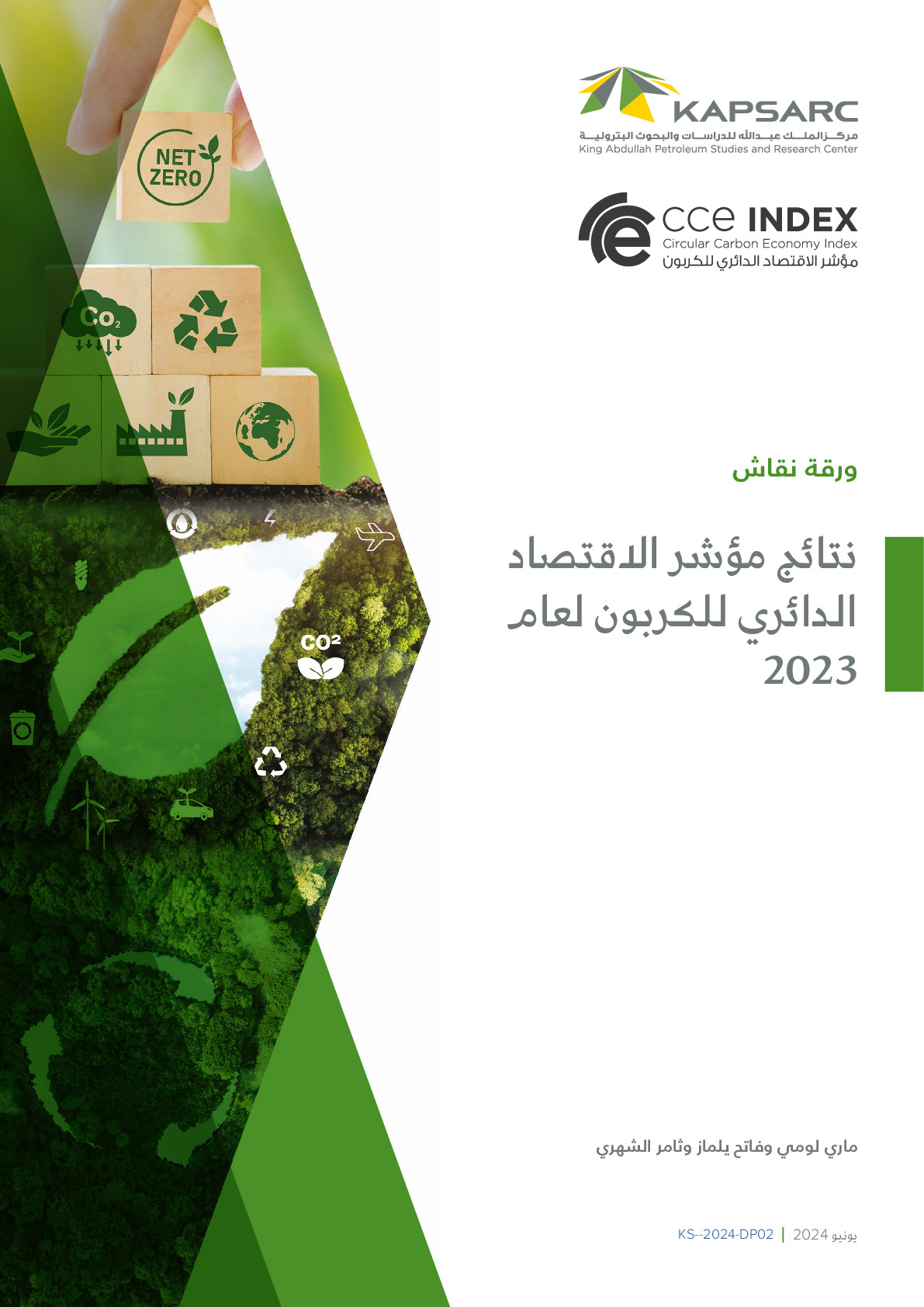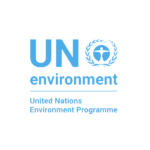In the context of accelerating climate change, cooling demand is also increasing rapidly. If unmanaged, this will result in a vicious circle, with increasing global warming through greater energy consumption combined with the use of higher GWP refrigerants. Addressing access to cooling and its adverse impacts has been a low priority historically, although this is rapidly changing. Cooling is included in all five themes at UNFCCC COP-26. The importance of a combined strategy to improve energy efficiency of cooling equipment while phasing down HFC refrigerants under the Kigali Amendment to the Montreal Protocol is increasingly being recognized as one of the biggest climate mitigation opportunities available today.
At the 31st Meeting of the Parties in Rome on November 2019, Parties adopted Decision XXXI/7:
Continued provision of information on energy-efficient and low global-warming- potential technologies
To request the Technology and Economic Assessment Panel (TEAP) to prepare a report for consideration by the Thirty-Second Meeting of the Parties addressing any new developments with respect to best practices, availability, accessibility and cost of energy-efficient technologies in the refrigeration, air-conditioning and heat-pump sectors as regards the implementation of the Kigali Amendment to the Montreal Protocol.
This report builds on the 2018 report in response to Decision XXIX/10 and subsequent EETF reports in response to Decision XXX/5 and Decision XXXI/7. The TEAP EETF has compiled information on relevant funding agencies, technology options, costs, availability, accessibility, and best practices for maintaining and/or enhancing energy efficiency in refrigeration, air-conditioning and heat pump (RACHP) sectors while phasing down HFCs under the Kigali Amendment.
Please visit:
- Original report by TEAP
- 43rd meeting of the Open-ended Working Group of the Parties to the Montreal Protocol
- Find information about the Energy Efficiency task force (EETF):




